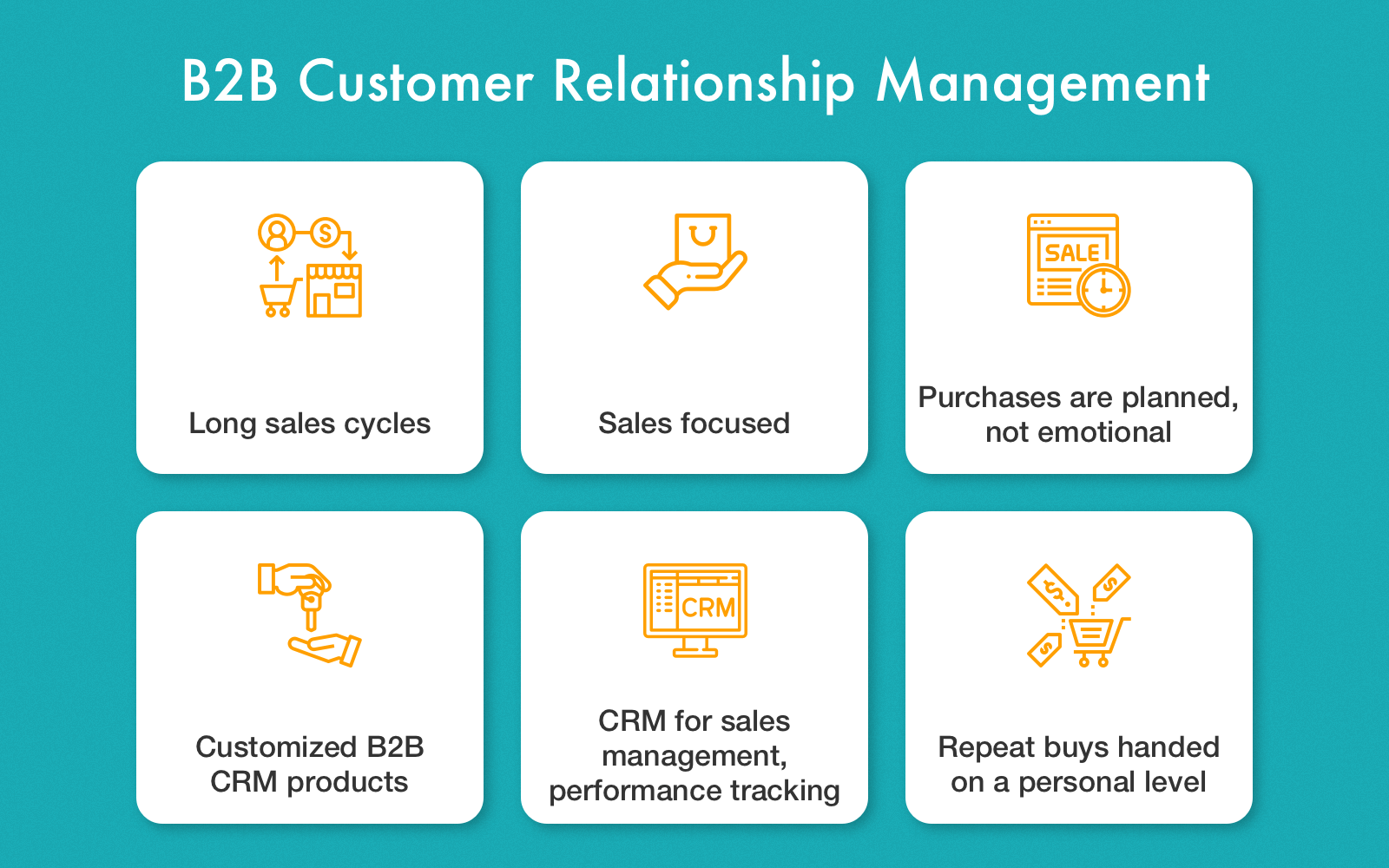
Strategies for Effective Customer Relationship Management (CRM)
Customer Relationship Management (CRM) is crucial for the success of any tech company. By effectively managing relationships with customers, businesses can increase customer loyalty, build brand reputation, and drive revenue growth. In this article, we will discuss key strategies that can help tech companies optimize their CRM efforts, ensuring long-term success in a competitive market.
1. Focus on Personalization
Personalization is the key to providing exceptional customer experiences. Tech companies should leverage customer data and analytics to tailor products, services, and communications to meet individual needs. By showing customers that you understand their preferences and requirements, you can foster stronger relationships and higher customer satisfaction. Incorporating personalization into every touchpoint, including websites, emails, and support interactions, goes a long way in building trust and loyalty.
2. Implement an Integrated CRM System
An integrated CRM system streamlines data management, centralizes customer information, and improves communication across departments. This unified approach allows tech companies to have a 360-degree view of customers, enabling better targeting, segmentation, and personalized interactions. By combining customer data from various sources, such as marketing campaigns, sales interactions, and social media, companies can identify trends, make informed decisions, and enhance overall customer experience.
3. Leverage Automation and AI
Automation and Artificial Intelligence (AI) play a critical role in modern CRM strategies. Through automation, routine tasks can be handled more efficiently, enabling teams to focus on high-value activities. AI-powered analytics provide deep insights into customer behavior, preferences, and sentiment, helping businesses understand their target audience better. By leveraging these technologies, tech companies can deliver personalized recommendations, optimize support processes, and proactively address customer needs, all leading to improved satisfaction and loyalty.
4. Foster Collaboration Across Teams
Effective CRM relies on seamless collaboration between various teams, including marketing, sales, and customer support. Siloed departments hinder the sharing of crucial customer information and hinder a unified customer experience. By fostering a culture of collaboration and implementing cross-functional processes, companies can ensure that every touchpoint aligns with the overall CRM strategy. Encouraging regular communication, providing access to shared customer data, and conducting joint training sessions can break down barriers and create a collectively customer-centric approach.
5. Continuous Data Analysis and Improvement
Data analysis is at the core of optimizing CRM strategies. By tracking and analyzing key metrics, businesses can measure the effectiveness of their CRM efforts and identify areas for improvement. Regularly reviewing customer feedback, monitoring customer satisfaction scores, and analyzing conversion rates can provide valuable insights. Tech companies should adjust their CRM strategies based on data-driven findings, ensuring the continuous improvement of customer relationships and long-term success.
Conclusion
Effective customer relationship management is a crucial aspect for tech companies operating in a competitive market. By focusing on personalization, implementing integrated CRM systems, leveraging automation and AI, fostering collaboration across teams, and continuously analyzing data for improvement, businesses can establish strong customer relationships, drive loyalty, and achieve sustainable growth. Embracing these strategies will not only benefit the company but also result in happy and satisfied customers who become loyal brand advocates.

